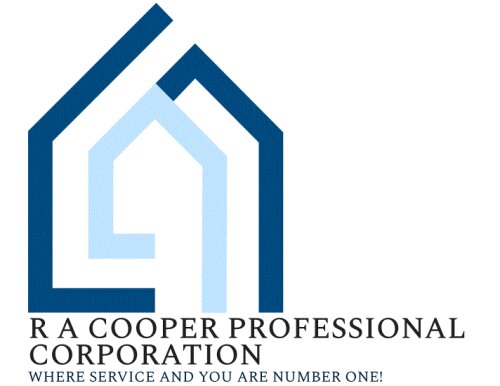Best Due Diligence Lawyers in Kitchener
Share your needs with us, get contacted by law firms.
Free. Takes 2 min.
List of the best lawyers in Kitchener, Canada
About Due Diligence Law in Kitchener, Canada:
Due diligence is a legal concept that is commonly used in different fields, including business transactions, real estate, and investments. In Kitchener, Canada, due diligence refers to the process of conducting a thorough investigation or examination of a person, business, or property before entering into a legal transaction or making important decisions.
Why You May Need a Lawyer:
There are several situations where seeking legal advice in due diligence can be beneficial. Some common examples include:
- Buying or selling a property
- Entering into business partnerships or mergers
- Investing in a new venture or acquisition
- Reviewing contracts or agreements
- Ensuring compliance with regulatory requirements
A lawyer can provide expertise and guidance throughout the due diligence process, helping you identify potential risks, negotiate terms, and ensure that all legal aspects are properly addressed.
Local Laws Overview:
When it comes to due diligence in Kitchener, Canada, there are several key aspects of local laws to keep in mind:
- Real Estate Laws: These laws govern property transactions, including the disclosure of relevant information, rights and obligations of sellers and buyers, and zoning regulations.
- Business Laws: Kitchener follows Canadian business laws, which can impact due diligence in areas such as corporate governance, intellectual property, contracts, and licensing.
- Privacy Laws: Privacy laws in Kitchener, Canada, dictate how personal information should be handled during due diligence investigations to ensure compliance and protect individuals' privacy rights.
Frequently Asked Questions:
Q: What is the purpose of due diligence?
A: The purpose of due diligence is to assess the risks, opportunities, and liabilities associated with a particular legal transaction or decision. It allows individuals or businesses to make informed choices and minimize potential adverse consequences.
Q: How long does due diligence usually take?
A: The duration of due diligence can vary depending on the complexity of the transaction and the specific circumstances. It may range from a few weeks to several months, and it is important to allocate sufficient time to conduct a thorough investigation.
Q: What types of documents are typically reviewed during due diligence?
A: During due diligence, various documents may be reviewed, including contracts, financial statements, regulatory filings, permits, licenses, title deeds, leases, employment agreements, and any other relevant records that can provide insights into the matter at hand.
Q: Can I conduct due diligence on my own?
A: While it is possible to conduct some initial research independently, due diligence often requires legal expertise to ensure a comprehensive and accurate assessment. Lawyers have the knowledge and experience to identify potential legal issues and provide guidance throughout the process.
Q: What happens if issues are uncovered during due diligence?
A: If issues are uncovered during due diligence, it is essential to assess their significance and potential impact on the transaction. Your lawyer can help negotiate terms, address concerns, or recommend alternative courses of action based on the findings.
Additional Resources:
- Ontario Bar Association - www.oba.org
- Real Estate Council of Ontario - www.reco.on.ca
- Canadian Bar Association - www.cba.org
Next Steps:
If you require legal assistance in due diligence in Kitchener, Canada, it is advisable to consult with an experienced lawyer who specializes in this field. They will guide you through the process, help protect your rights and interests, and ensure compliance with relevant laws and regulations. Reach out to a reputable law firm or legal professional to discuss your specific situation and receive personalized advice.
Lawzana helps you find the best lawyers and law firms in Kitchener through a curated and pre-screened list of qualified legal professionals. Our platform offers rankings and detailed profiles of attorneys and law firms, allowing you to compare based on practice areas, including Due Diligence, experience, and client feedback.
Each profile includes a description of the firm's areas of practice, client reviews, team members and partners, year of establishment, spoken languages, office locations, contact information, social media presence, and any published articles or resources. Most firms on our platform speak English and are experienced in both local and international legal matters.
Get a quote from top-rated law firms in Kitchener, Canada — quickly, securely, and without unnecessary hassle.
Disclaimer:
The information provided on this page is for general informational purposes only and does not constitute legal advice. While we strive to ensure the accuracy and relevance of the content, legal information may change over time, and interpretations of the law can vary. You should always consult with a qualified legal professional for advice specific to your situation.
We disclaim all liability for actions taken or not taken based on the content of this page. If you believe any information is incorrect or outdated, please contact us, and we will review and update it where appropriate.









